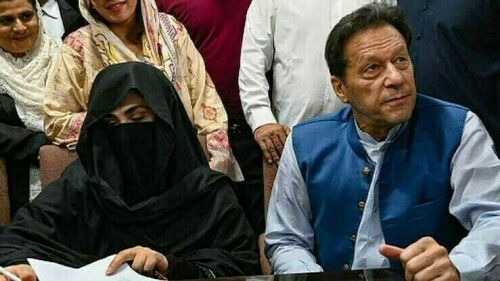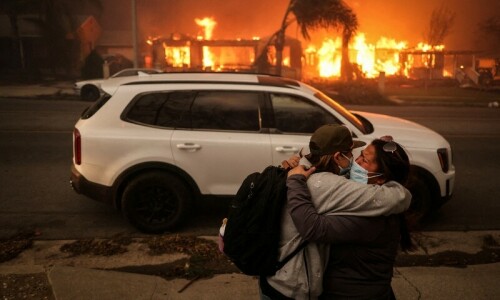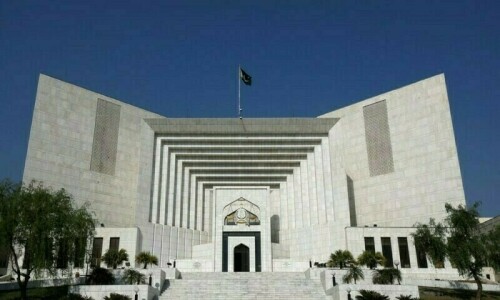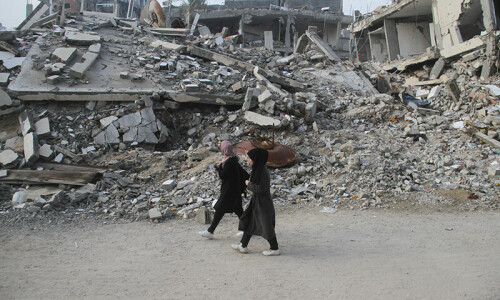THE military has made perhaps its most concrete statement yet about the cross-border attacks it has been battling since this summer. It has pinpointed Maulana Fazlullah of Swat, the infamous Mullah Radio, as being at least one of the commanders behind the series of raids from eastern Afghanistan that have taken the lives of dozens of Pakistani soldiers in areas in the northwest such as Dir and Chitral. For one, this lays bare claims by the army and the civilian leadership that the Swat Taliban had been defeated as a result of the operation there in 2009. And if Fazlullah really had been critically wounded, as the military had claimed, he was clearly able to find the medical attention needed to regain enough strength to pull together a large force of men and launch attacks. Fears after that operation that the Swat Taliban’s senior leadership was intact and had simply been squeezed out of Malakand, retaining the capacity to retaliate later, now seem to have been well-founded. But the scale of the attacks implies that more than just the leadership has escaped; some of these raids have reportedly been carried out by groups that number in the hundreds.
The implications for regional cooperation on security issues are also troubling. Pakistan’s requests that the Isaf and Afghan leaderships take action against Pakistani Taliban who have found safe havens in Afghanistan now simply mirror demands from the latter that Pakistan go after Afghan Taliban operatives in Fata and Balochistan. Where, then, will these mutual accusations lead? Is the failure to go after Fazlullah and others a deliberate one, a pressure tactic to encourage Pakistan to dismantle Afghan Taliban safe havens on this side of the border? If so, it has not succeeded yet. And against the backdrop of disturbing news from the Afghan battlefield, a pending US troop withdrawal, and an already worrying domestic security situation, what will make Pakistan respond to Isaf and Afghan demands?
Whatever the answers, the current do-nothing approach of all players doesn’t seem to be solving the problem. Instead, it might simply be causing them to dig their heels in further. Given their recognition of the costs of the existing operations in Afghanistan and Fata, the situation is unlikely to result in a full-blown war. But the recent tensions over the Haqqani network and Burhanuddin Rabbani’s assassination shows how destructive such issues can be, and unless these three stakeholders can find a way to at least partially meet each other’s demands, the future course of their relationship is unlikely to improve significantly.













































Dear visitor, the comments section is undergoing an overhaul and will return soon.